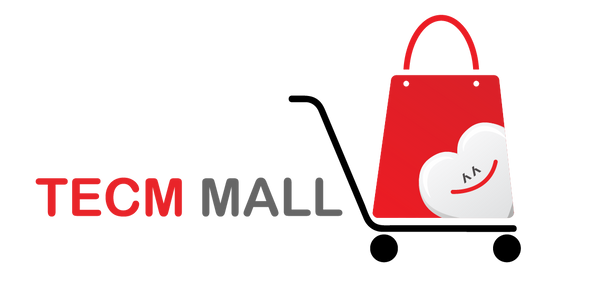如何幫助弱勢社群?
誰是「弱勢社群」?
「弱勢社群」指的是社會上生活困難的弱者群體。 例如低收入戶者、雙失青年、獨居長者、新移民家庭、少數族裔、性工作者、失業工人、露宿者、農民與農民工、精神病患者、殘疾人士、「N無人士」等,以及是某些地區的婦女等。
如何幫助弱勢社群?
社會企業為弱勢社群提供服務或聘請他們(就業融合社會企業)來改善他們的生活狀況、心靈健康及擴闊社交圈子。
弱勢社群從社企所得到的,除了金錢收入(Cash),還有社企提供的在職技能訓練,加強他們自身的能力(Capability),豐富其工作經驗(Curriculum Vitae),使他們能嘗試常規工作,最後當然是從每天具挑戰性的工作當中尋回自信(Confidence)。
這些都是傳統福利機構或庇護工場等支援就業不能比擬的。雖然弱能人士寧可到庇護工場上班,也不願待在家中,但相比之下,社企遠較庇護工場吸引,因為常規的企業能為他們帶來更大的挑戰。這四個C,Cash、Capability、Curriculum Vitae及Confidence都是邁向自我實現的重要元素。
Who are the Socially Disadvantaged?
The socially disadvantaged is defined as specific groups within society that struggle to live their daily lives. Examples being low income families, youths that lack academics and careers, singleton elderly, new immigrant families, racial minorities, sex workers, the homeless, famers, migrant workers, the mentally ill, the disabled, people that are illegible to receive government funding as well as women in specific regions.
How to help the Socially Disadvantaged?
Social enterprises may provide service for the socially disadvantaged or hire them (Work Integration Social Enterprises (WISE)) to improve their living conditions, physically and mental wellbeing, as well as expand their social network.
Socially disadvantaged will not only receive income (Cash) from social enterprises, but also receive practical on-job training which will strengthen their capabilities (Capability), enrich their work experience (Curriculum Vitae), and enable them to work on a routine schedule. Lastly, they can regain confidence (Confidence) from the challenges they face on a daily basis.
The benefits from working at social enterprises are very different compared to traditional welfare institutions or sheltered workshops that provide employment support services for the socially disadvantaged.
Although the disadvantaged would rather work at sheltered workshops than stay at home, but in comparison, social enterprises are far more attractive than sheltered workshops because social enterprises are actual corporations in the market that can bring greater challenges for the disadvantaged, yet providing a nourishing environment for them to grow. The four Cs, Cash, Capability, Curriculum Vitae, and Confidence are all important elements towards self-realisation.
